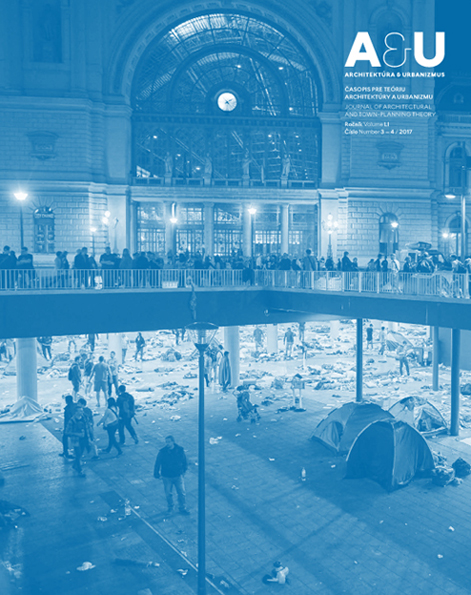The Urban Space of the Migrant Crisis: Analysis of the Spatial Evolution of an Informal Transit Camp in Budapest’s Historic City Centre
The Urban Space of the Migrant Crisis: Analysis of the Spatial Evolution of an Informal Transit Camp in Budapest’s Historic City Centre
Author(s): Gergely Hory, Melinda BenkőSubject(s): Politics / Political Sciences, Social Sciences, Fine Arts / Performing Arts
Published by: Historický ústav SAV, v. v. i.
Keywords: camp; Budapest; migration crisis; loose space; informality
Summary/Abstract: From June till September 2015, Baross Square in front of Budapest’s Keleti Railway Station became the temporary living area for thousands of refugees and migrants travelling to Western Europe. This unconventional use of one of the busiest squares in the historic centre gave rise to a new perception of the existing environment. The paper aims to show how the recently renewed, two-level public area gradually transformed into an emergent transit camp. The spatial and temporal evolution of this camp is divided into three successive phases based on the changing roles of formal and informal interventions: an early, unorganised informal stage, a formally controlled stage, and finally an organised informal one. Data gathered from regular on-site fieldwork reveal that the camp space was produced mainly out of reactions to people’s need of temporary shelter, food and information. The different modes of these reactions in the three phases are analysed and visualized throughout the paper.
Journal: Architektúra & Urbanizmus
- Issue Year: 51/2017
- Issue No: 3-4
- Page Range: 126-143
- Page Count: 18
- Language: English

